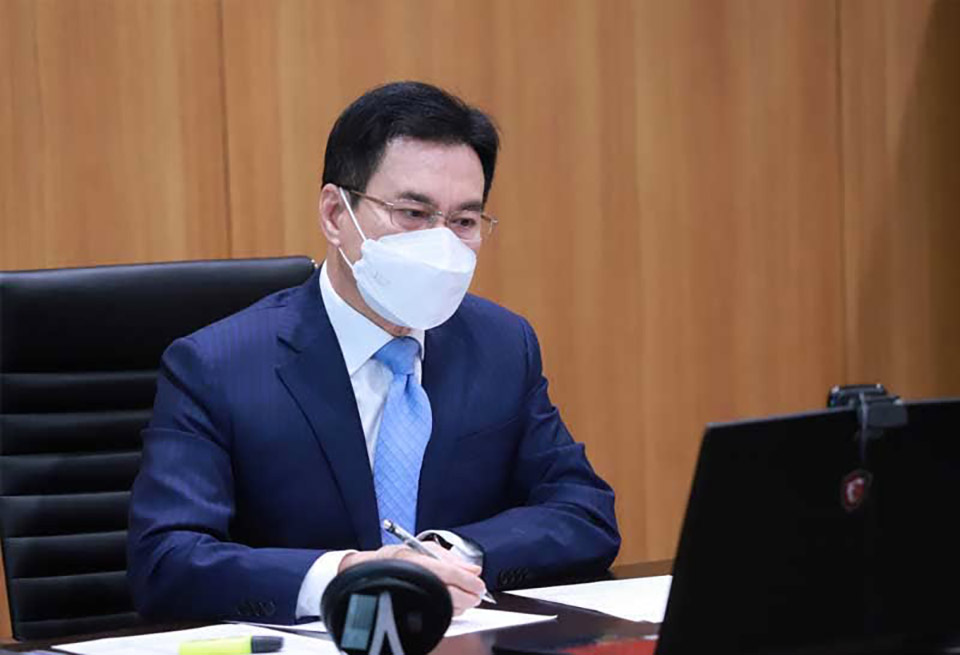
The Russia-Ukraine crisis has continued to impact Thailand’s import and export trade, with both manufacturers and consumers being affected by rising oil prices that have caused a spike in inflation.
According to Deputy Prime Minister and Commerce Minister Jurin Laksanawisit, a close analysis of downward trends in trade volumes since the fighting broke out has revealed a correlation that most experts attribute to volatility in the value of the Russian ruble. As a result, Thai businesses have reduced volumes of trade to mitigate against the increased risk of price fluctuations, in a trend that is being repeated all around the world.
Jurin said all ministries are now working on ways to dampen the rising costs of energy products and consumer goods in order to spare both producers and consumers the worst of the economic fallout resulting from the conflict. He added that the administration is also putting extra resources into enforcing laws prohibiting price gouging for all products.
The minister further noted that the government will continue its policy of strict price controls on vital consumer staples, which have been grouped into 18 categories regardless of how the situation in eastern Europe plays out.
Jurin also defended caps placed on the prices of various electric home appliances, such as refrigerators and rice cookers, as being guided by their universal necessity and the impact that changes in more expensive items can have on the overall cost of living among the public. (NNT)

 |
 |
 |





